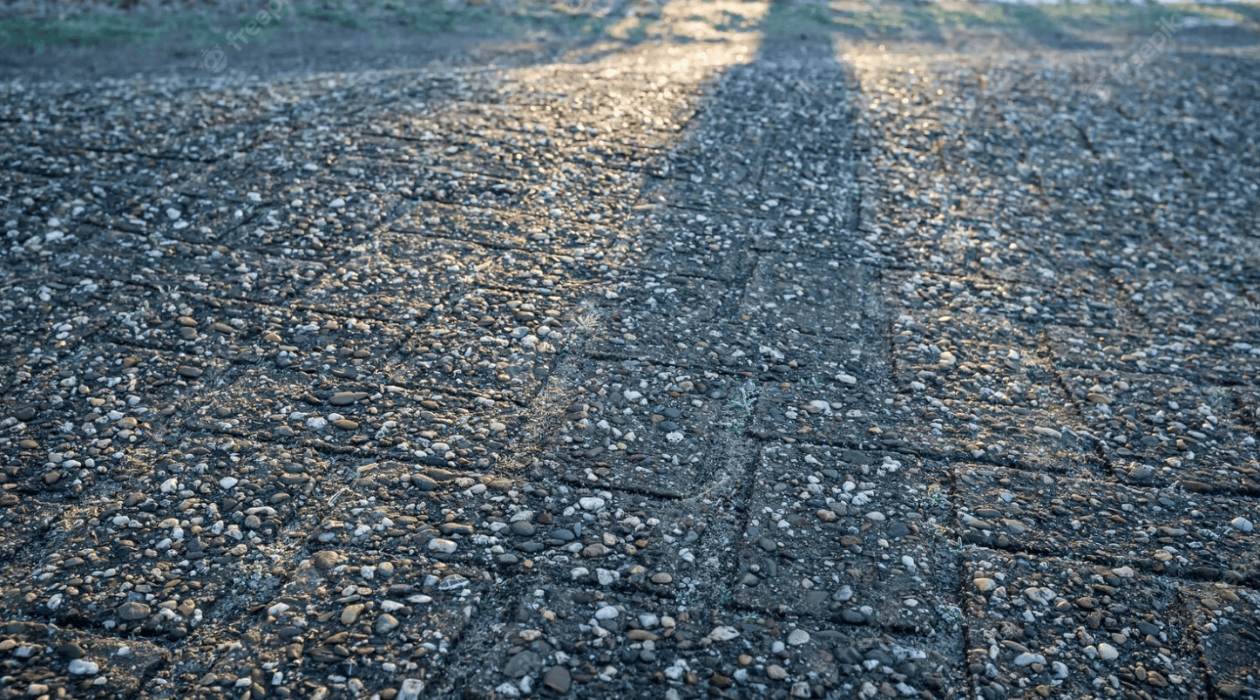

Articles
How Often Should Asphalt Driveway Be Sealed
Modified: February 23, 2024
Discover the best articles on how often you should seal your asphalt driveway. Get expert advice and tips for maintaining your driveway's longevity.
(Many of the links in this article redirect to a specific reviewed product. Your purchase of these products through affiliate links helps to generate commission for Storables.com, at no extra cost. Learn more)
Introduction
Having a well-maintained and visually appealing driveway is essential for any homeowner. An asphalt driveway not only adds curb appeal to your property but also provides a smooth surface for vehicles and foot traffic. However, over time, exposure to the elements and regular use can cause the asphalt to deteriorate, leading to cracks, potholes, and overall wear and tear. This is where asphalt driveway sealing comes into play.
Asphalt driveway sealing is the process of applying a protective layer of sealant to the surface of your asphalt driveway. This sealant acts as a barrier, preventing water, oil, and other damaging substances from penetrating the asphalt and causing further damage. By regularly sealing your asphalt driveway, you can prolong its lifespan, maintain its appearance, and save money on costly repairs.
In this article, we will explore the factors to consider when determining how often you should seal your asphalt driveway. Additionally, we will discuss the different types of sealing materials available, the benefits of regular asphalt driveway sealing, signs that indicate your driveway needs to be sealed, the recommended frequency of sealing, and whether to take a DIY approach or hire a professional. Let’s dive in!
Key Takeaways:
- Regular sealing every 2-5 years protects asphalt driveways from weather, usage, and aging. Factors like climate, usage, and sealer quality influence the frequency. DIY or professional sealing depends on budget, time, and expertise.
- Signs like cracks, fading, and water pooling indicate when to seal your driveway. DIY sealing offers cost savings and flexibility, while professional sealing provides expertise and quality results. Consider factors like budget and driveway condition when deciding.
Read more: How Thick An Asphalt Driveway Should Be
Factors to Consider
When deciding how often you should seal your asphalt driveway, there are several important factors to take into consideration:
- Climate: The climate in your area plays a significant role in the wear and tear of your driveway. If you live in an area with harsh winters or extreme temperature fluctuations, your driveway may be more susceptible to cracking and damage. In such cases, sealing may need to be done more frequently.
- Usage: The amount of traffic your driveway receives also impacts how often it should be sealed. If you have a large family with multiple vehicles, or if your driveway is a high-traffic area, it will experience more wear and tear. In these cases, you might need to seal it more frequently to maintain its condition.
- Age of the driveway: The age of your asphalt driveway is a crucial consideration. Newer driveways generally have better protection against natural elements and may not require sealing as frequently. However, if your driveway is older and has already begun to show signs of deterioration, more frequent sealing may be necessary to prevent further damage.
- Prior maintenance: If you have regularly maintained your driveway by filling cracks and repairing potholes, it may require less frequent sealing. Proper maintenance can help extend the lifespan of your driveway and minimize the need for frequent seal coating.
- Sealer quality: The quality of the sealant used also impacts the frequency of sealing. Higher-quality sealants generally last longer and provide better protection. Investing in a premium sealant may allow you to extend the time between sealant applications.
Considering these factors will help you determine the ideal frequency for sealing your asphalt driveway. It’s important to assess your unique circumstances and consult with professionals if needed to make an informed decision.
Common Types of Sealing Materials
There are several types of sealing materials available, each offering different advantages and characteristics. Understanding the options can help you choose the most suitable material for your asphalt driveway. Here are some common types:
- Coal Tar Sealers: Coal tar sealers are a popular choice due to their durability and resistance to oil and gasoline. They provide excellent protection against UV rays and have a deep black finish that enhances the appearance of the driveway. However, coal tar sealers contain chemicals that can be harmful to the environment, so it’s important to use them responsibly or consider eco-friendly alternatives.
- Asphalt Emulsion Sealers: Asphalt emulsion sealers are water-based and environmentally friendly. They are easy to apply and provide good protection against water penetration and UV rays. However, they may not be as durable as coal tar sealers and may require more frequent reapplication.
- Acrylic Sealers: Acrylic sealers are known for their quick drying time and excellent adhesion. They provide good protection against UV rays and can enhance the color and texture of the asphalt. Acrylic sealers are often used for decorative purposes due to their ability to create a glossy or semi-glossy finish.
- Polymer-Modified Sealers: Polymer-modified sealers are made by adding polymers to traditional sealants. These sealers offer enhanced flexibility and durability, making them suitable for areas with extreme temperature fluctuations. They are also resistant to oil, gasoline, and other chemicals, and provide excellent protection against cracking and aging.
- Eco-Friendly Sealers: In recent years, there has been an increase in the availability of eco-friendly sealers. These sealers are made from renewable resources and do not contain harmful chemicals. They offer similar protection to traditional sealers but with a reduced impact on the environment.
When choosing a sealing material, consider the specific needs of your driveway, your budget, and any environmental concerns you may have. It’s always a good idea to consult with professionals or seek recommendations from trusted sources to ensure you make an informed decision.
Benefits of Regular Asphalt Driveway Sealing
Regularly sealing your asphalt driveway offers numerous benefits that contribute to its longevity, appearance, and overall functionality. Here are some key advantages of maintaining a consistent sealing schedule:
- Protection against the elements: An asphalt driveway is exposed to various weather conditions, including rain, snow, UV rays, and temperature fluctuations. Over time, these elements can cause the asphalt to crack, fade, and deteriorate. Sealing creates a protective barrier, preventing moisture penetration and reducing the effects of oxidation and sun damage.
- Prevention of cracks and potholes: Cracks and potholes are not only unsightly but can also lead to further damage if left untreated. Sealing fills in existing cracks and helps prevent new ones from forming. By maintaining a sealed surface, you can minimize the risk of water infiltration and the subsequent expansion and contraction that leads to cracks and potholes.
- Enhanced appearance: A freshly sealed asphalt driveway has a smooth, dark finish that instantly improves the overall look of your property. Sealing can restore the color and vibrancy of the asphalt, making it look well-maintained and visually appealing.
- Easier maintenance: Sealed surfaces are easier to clean and maintain. The sealant prevents oil, grease, and other stains from penetrating the asphalt, making them easier to remove. Regular sweeping and occasional power washing can help keep your driveway looking pristine.
- Prolonged lifespan: By protecting your asphalt driveway from damage caused by water penetration, UV rays, and regular wear and tear, regular sealing can extend its lifespan. This can save you money in the long run by reducing the need for costly repairs or even complete driveway replacements.
- Increased property value: A well-maintained driveway significantly enhances the curb appeal of your property. It creates a positive first impression for visitors and potential buyers, potentially increasing your property’s value. A sealed driveway is an attractive feature that can make your home stand out in the real estate market.
Overall, regular asphalt driveway sealing is a wise investment that provides both immediate and long-term benefits. It protects your driveway, enhances its appearance, and adds value to your property. Considering the numerous advantages, it’s clear that regular sealing is a crucial aspect of asphalt driveway maintenance.
Signs That Your Asphalt Driveway Needs Sealing
Recognizing the signs that indicate your asphalt driveway is due for sealing is essential to maintain its integrity and prevent further damage. Here are some common signs that it’s time to seal your driveway:
- Visible cracks: Cracks are a clear indication that your driveway is in need of sealing. As asphalt ages and undergoes the stresses of weather and use, it can develop cracks of various sizes. Sealing can fill in these cracks and help prevent them from expanding or allowing water infiltration.
- Faded color: Over time, exposure to sunlight can cause the color of your asphalt driveway to fade. If your driveway has lost its rich, dark color and appears dull or grayish, it may be a sign that it needs sealing. Sealing can restore the color and make your driveway look fresh and well-maintained.
- Potholes or depressions: Potholes and depressions in the surface of your driveway are not only unsightly but can also pose a safety hazard. If you notice any areas where the asphalt has sunk or formed potholes, it’s important to seal them promptly. Sealing can help level the surface and prevent further deterioration.
- Water pooling: When rainwater or other liquids consistently puddle or pool on your driveway instead of draining away, it’s a sign that the surface has lost its ability to repel moisture. Sealing can restore the waterproofing properties of the asphalt, preventing water from seeping into the underlying layers and causing damage.
- Loose gravel or aggregate: If you notice loose gravel or aggregate on the surface of your driveway, it may indicate that the asphalt is deteriorating and in need of sealing. Sealing helps bind the loose particles, preventing further erosion and extending the life of the driveway.
- Difficulty cleaning stains: If oil, gasoline, or other stains are becoming increasingly challenging to remove from your driveway, it may be a sign that the surface is no longer protected. Sealing provides a barrier against these substances, making them easier to clean and preventing them from penetrating the asphalt.
Regular inspection of your asphalt driveway can help you identify these signs early and take action promptly. By addressing these issues and sealing your driveway at the appropriate time, you can prevent further damage, maintain its appearance, and prolong its lifespan.
It is recommended to seal an asphalt driveway every 3-5 years to protect it from weathering, cracking, and fading. However, the frequency may vary depending on the climate and usage of the driveway.
Read more: When Can A New Asphalt Driveway Be Sealed
Recommended Frequency of Asphalt Driveway Sealing
The recommended frequency of sealing your asphalt driveway depends on various factors, including climate, usage, age, prior maintenance, and the quality of the sealer used. In general, it is recommended to seal your asphalt driveway every 2 to 5 years.
If you live in an area with harsh winters, extreme temperature fluctuations, or heavy rainfall, your driveway may require more frequent sealing. The freeze-thaw cycles and moisture can accelerate the deterioration of the asphalt, making it necessary to seal every 2 to 3 years.
The amount of usage your driveway receives also plays a role in determining the frequency of sealing. High-traffic areas or driveways used frequently by multiple vehicles may require more frequent sealing, typically every 2 to 3 years.
The age of your driveway is another important consideration. Newer driveways generally have better protection against natural elements and may only require sealing every 3 to 5 years. However, if your driveway is older and has already begun to show signs of cracking or deterioration, more frequent sealing may be necessary to maintain its condition.
If you have been proactive in maintaining your driveway, including regular crack filling, pothole repairs, and proper cleaning, you may be able to extend the time between sealant applications. However, it is still recommended to have your asphalt driveway sealed every 3 to 5 years to ensure optimal protection.
The quality of the sealant used also impacts the frequency of sealing. Higher-quality sealers generally last longer and provide better protection, allowing for longer intervals between applications. Investing in a premium sealant can help extend the time between sealings and save you money in the long run.
Ultimately, it’s important to assess the specific needs of your driveway and consult with professionals if needed to determine the ideal frequency of sealing. Regular inspections, paying attention to any signs of wear or damage, and following the recommendations of reputable contractors will help you maintain a well-sealed and protected asphalt driveway.
DIY vs. Professional Sealcoating
When it comes to sealcoating your asphalt driveway, you have the option of doing it yourself (DIY) or hiring a professional contractor. Both approaches have their advantages and considerations. Let’s take a closer look at DIY sealcoating versus professional sealcoating:
DIY Sealcoating:
Many homeowners opt for DIY sealcoating because it can be a cost-effective option. Here are the benefits of doing it yourself:
- Cost savings: DIY sealcoating allows you to save money by avoiding the costs associated with hiring a professional contractor. However, keep in mind that there will still be expenses for purchasing the necessary equipment and sealant.
- Flexibility and convenience: DIY sealcoating gives you the flexibility to choose when and how to complete the project. You have control over the process and can work at your own pace. It can also be a rewarding DIY project that allows you to take pride in maintaining your driveway.
- Small-scale maintenance: If your driveway is relatively small and in good condition, DIY sealcoating can be a suitable option for routine maintenance. It allows you to address minor cracks and protect the driveway from further damage.
However, there are some considerations to keep in mind if you’re considering DIY sealcoating:
- Time and effort: Sealcoating can be a time-consuming and physically demanding task, especially for larger driveways. It requires proper preparation, surface cleaning, and application techniques. Make sure you have the necessary time and energy to complete the job effectively.
- Experience and skill: Sealcoating requires some level of knowledge and technique to ensure proper application. If you’re not familiar with the process, mistakes can be made, potentially impacting the effectiveness and longevity of the sealant.
- Equipment and materials: DIY sealcoating will require you to invest in equipment such as a sprayer or squeegee, as well as purchase the appropriate sealant. Consider the costs and availability of these items before deciding to do it yourself.
Professional Sealcoating:
Hiring a professional contractor for sealcoating offers several advantages:
- Expertise and experience: Professional contractors have the knowledge, skills, and experience to properly assess and seal your asphalt driveway. They are familiar with different types of sealants, application techniques, and can ensure the best results.
- Time savings: Professionals have the necessary equipment and manpower to complete the sealcoating project efficiently. This saves you time and allows you to focus on other tasks or enjoy your day without the hassle of doing it yourself.
- Quality results: Hiring professionals will likely result in a higher-quality sealcoating job. They have access to commercial-grade sealants and equipment, which can provide superior protection and longevity for your driveway.
Here are some considerations when opting for professional sealcoating:
- Cost: Hiring professionals for sealcoating comes at a cost, which can be higher compared to the expenses of a DIY project. However, the benefits of expertise, time savings, and quality results may outweigh the additional cost.
- Research and selection: Take the time to research and choose a reputable contractor who has experience in sealcoating driveways. Request quotes, check reviews, and ask for references to ensure you’re hiring a reliable professional.
Ultimately, the choice between DIY sealcoating and hiring a professional depends on your budget, time availability, expertise, and the condition of your driveway. If you’re uncertain about the process or have a larger driveway in need of significant repairs, it may be wise to consider the services of a professional contractor to ensure a durable and long-lasting sealcoating job.
Read more: How Often To Seal Concrete Driveway
Conclusion
Regularly sealing your asphalt driveway is an essential part of its maintenance and longevity. By understanding the factors to consider, the types of sealing materials available, and the benefits of regular sealing, you can make informed decisions to protect and enhance your driveway.
Factors such as climate, usage, age, prior maintenance, and the quality of sealant will influence the recommended frequency of sealing. It is generally recommended to seal your asphalt driveway every 2 to 5 years, with closer intervals for harsh climates and heavy usage. Regular inspection for signs such as cracks, fading, potholes, water pooling, loose aggregate, and difficulty in cleaning stains will help you determine the right time for sealing.
You have the option of tackling sealcoating as a DIY project or hiring a professional contractor. DIY sealcoating can be cost-effective and flexible, but it requires time, effort, equipment, and some level of expertise. Professional sealcoating offers expertise, time savings, and quality results, but it comes at an additional cost. Consider your budget, time availability, knowledge, and the condition of your driveway when making this decision.
In conclusion, regular asphalt driveway sealing is crucial for protecting your investment, maintaining its appearance, and prolonging its lifespan. Whether you choose to go the DIY route or hire a professional, ensuring a properly sealed driveway will provide you with a durable, attractive, and functional surface for years to come.
Frequently Asked Questions about How Often Should Asphalt Driveway Be Sealed
Was this page helpful?
At Storables.com, we guarantee accurate and reliable information. Our content, validated by Expert Board Contributors, is crafted following stringent Editorial Policies. We're committed to providing you with well-researched, expert-backed insights for all your informational needs.
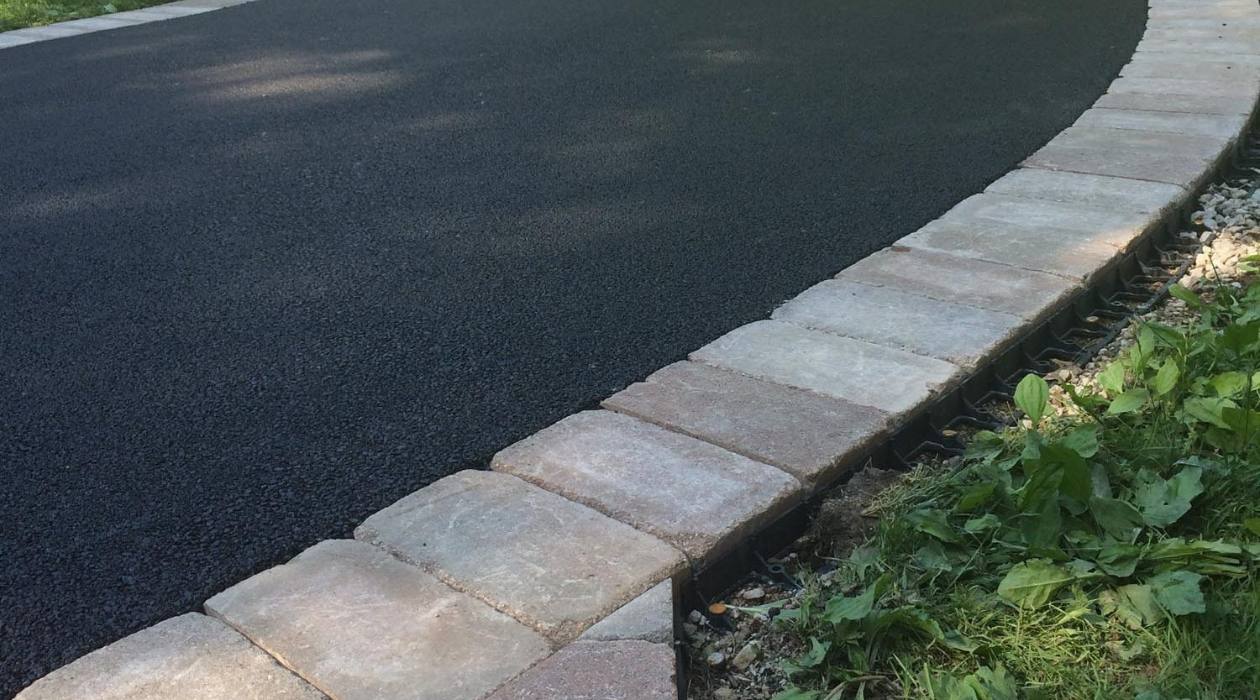
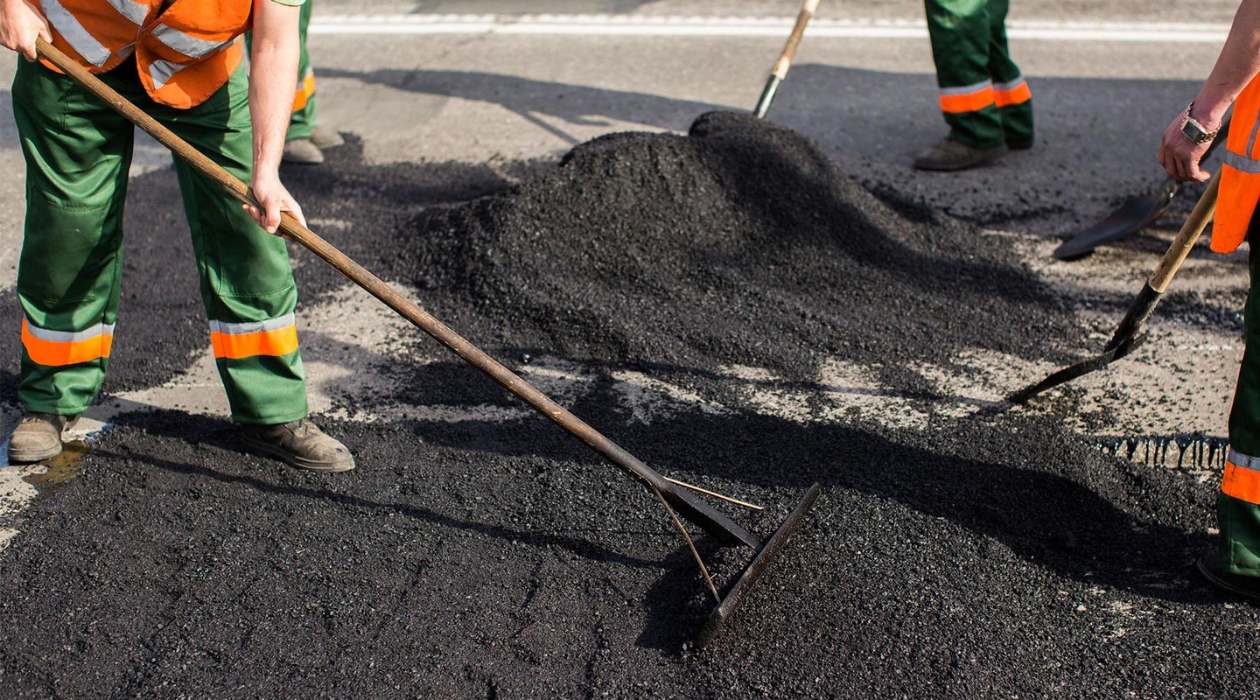
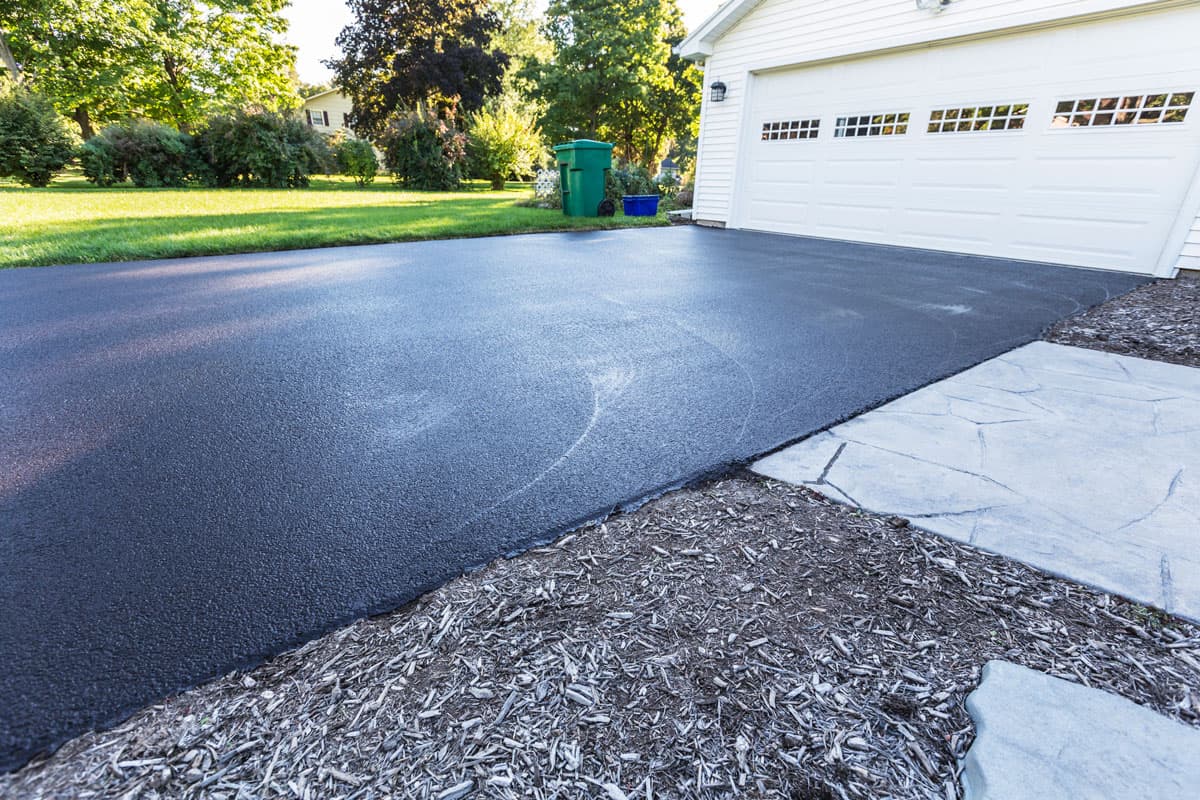

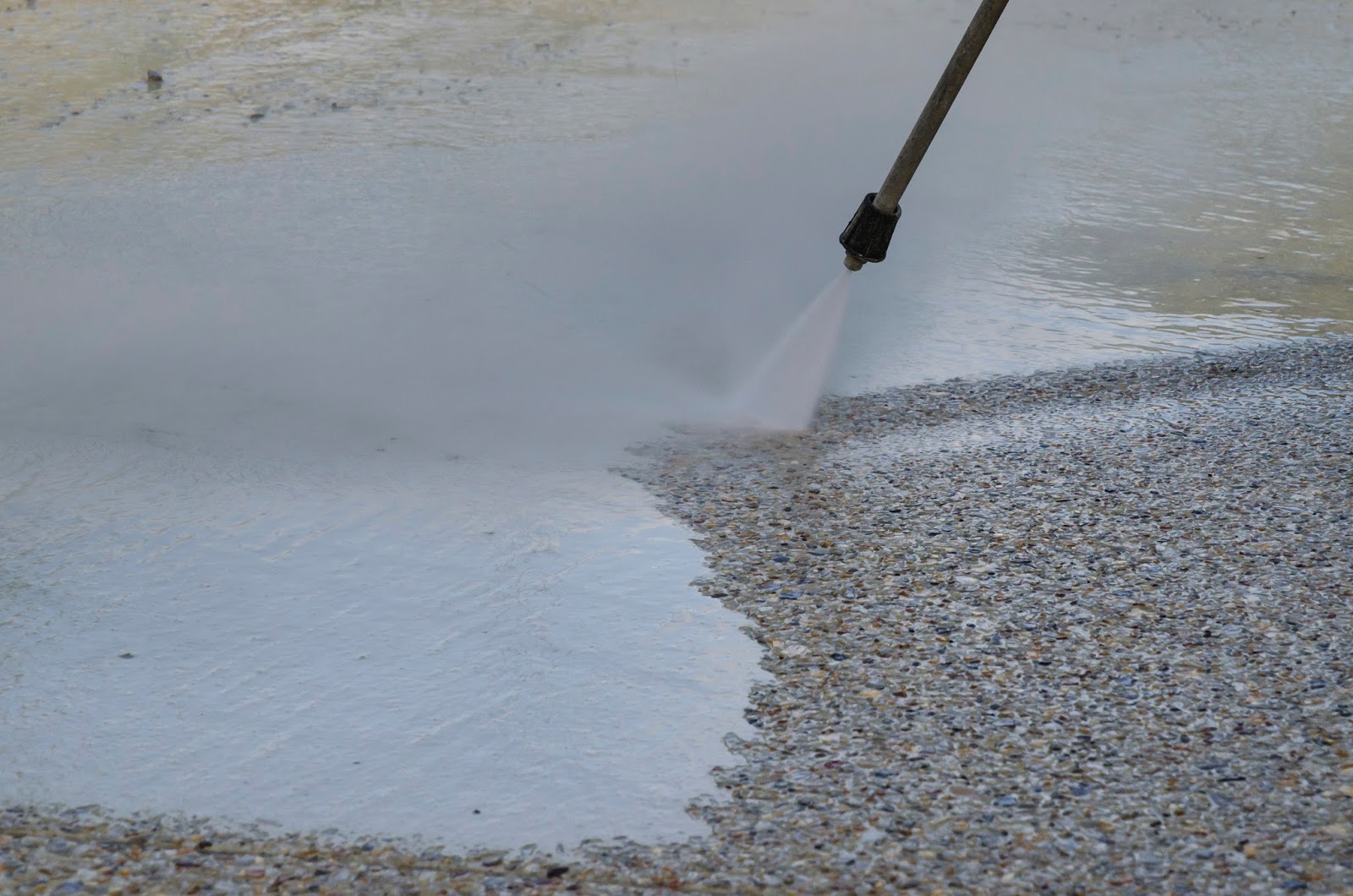
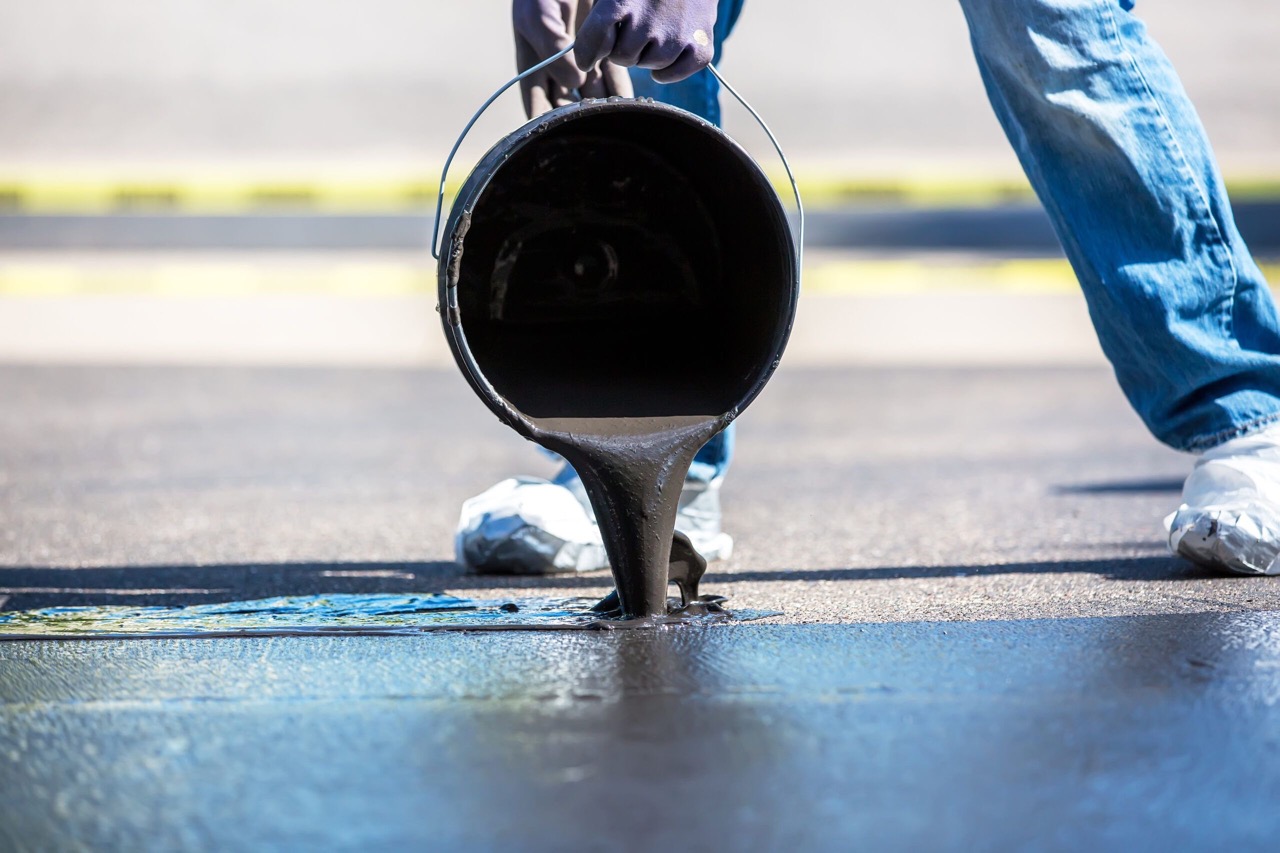
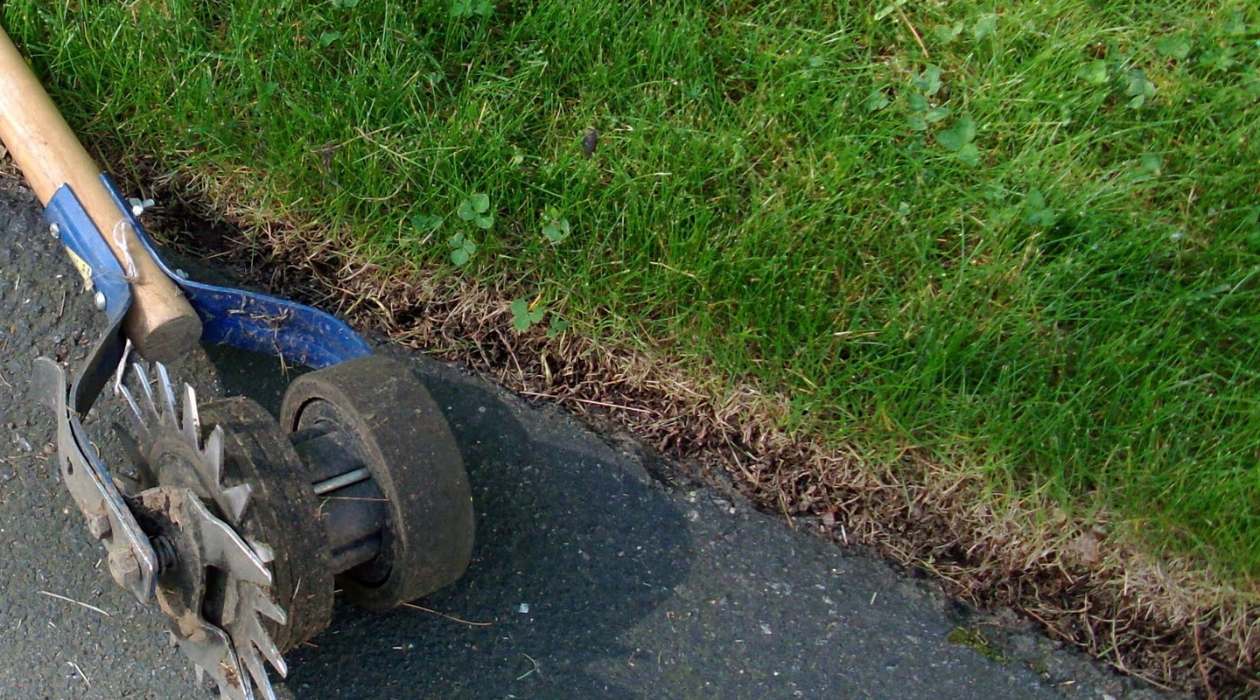
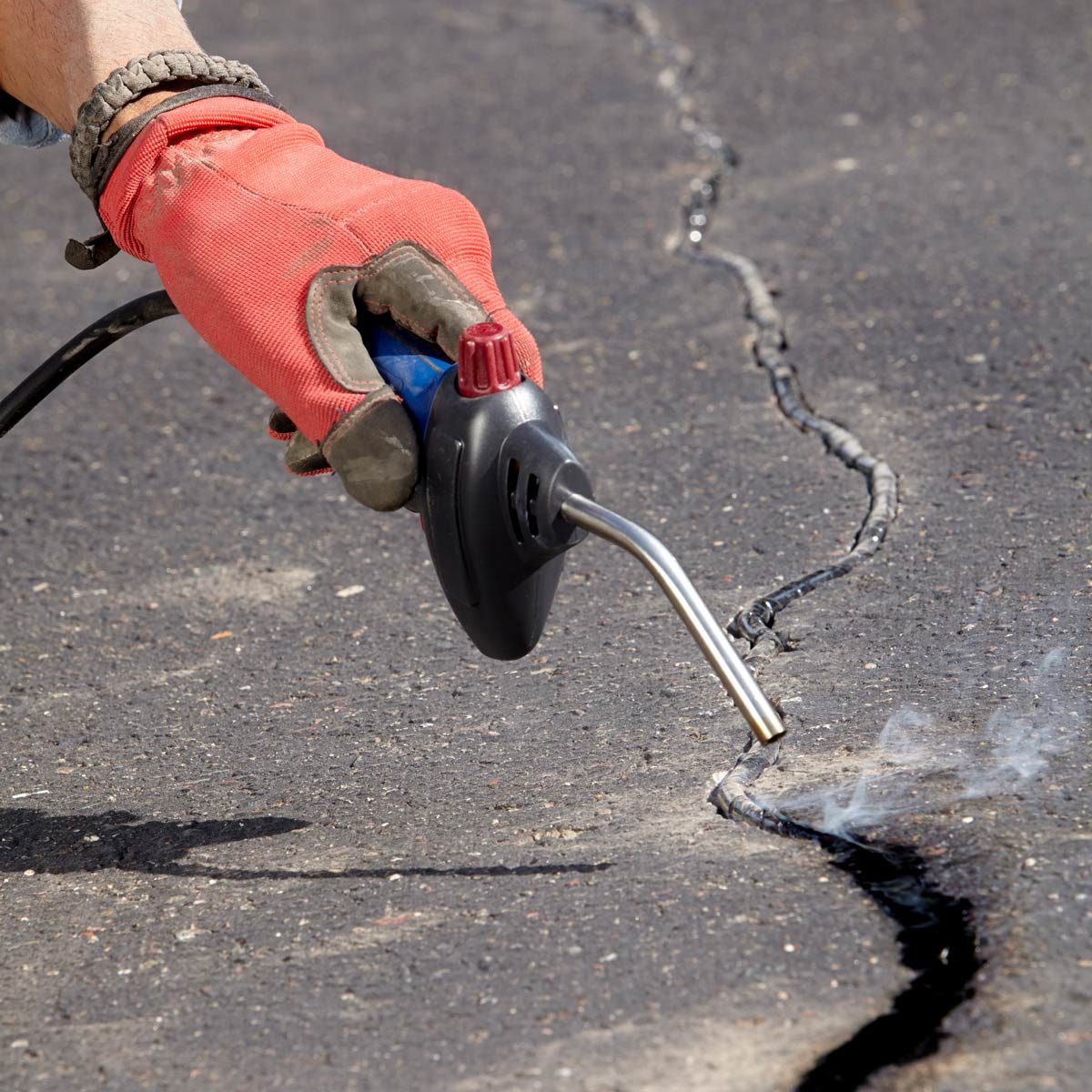
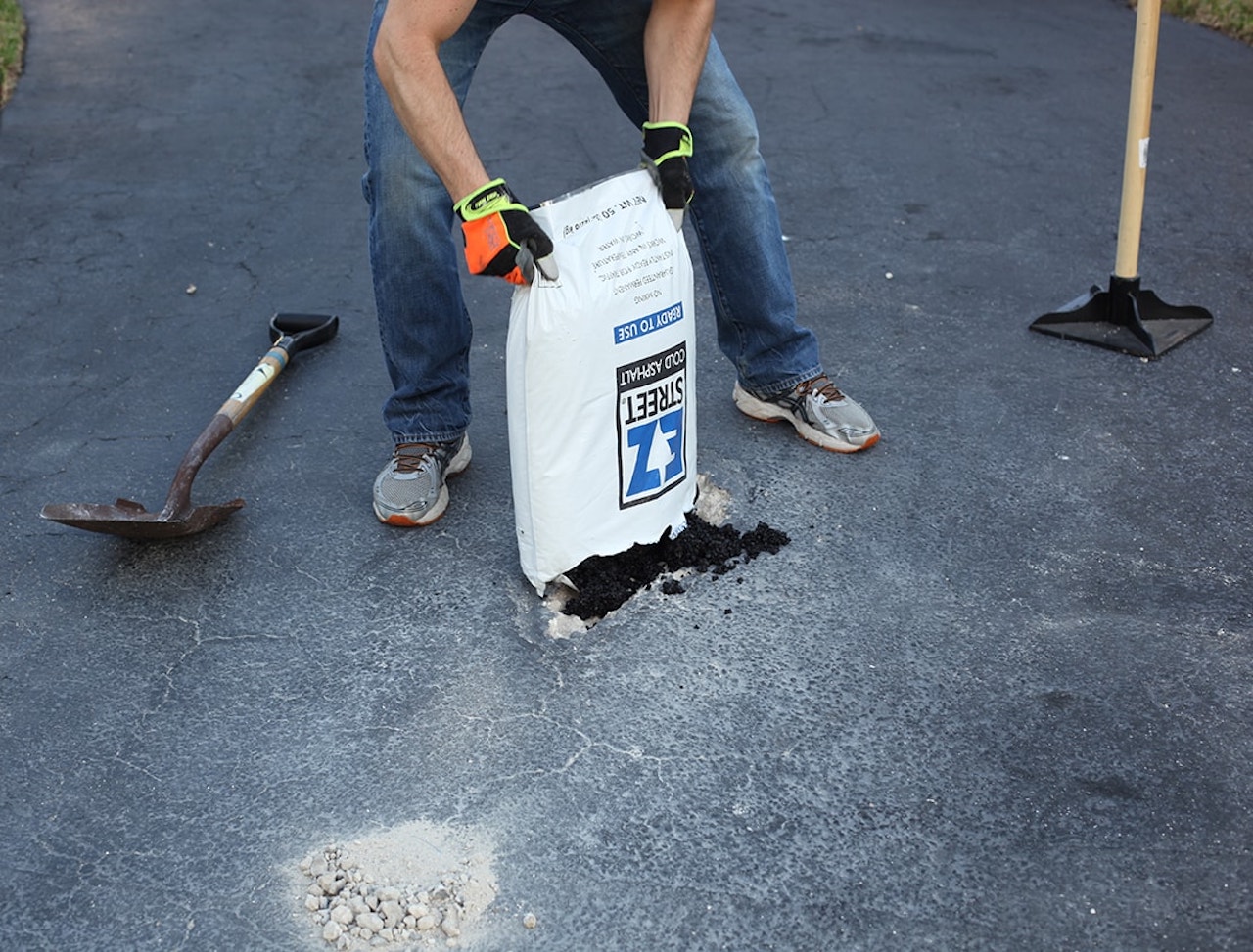
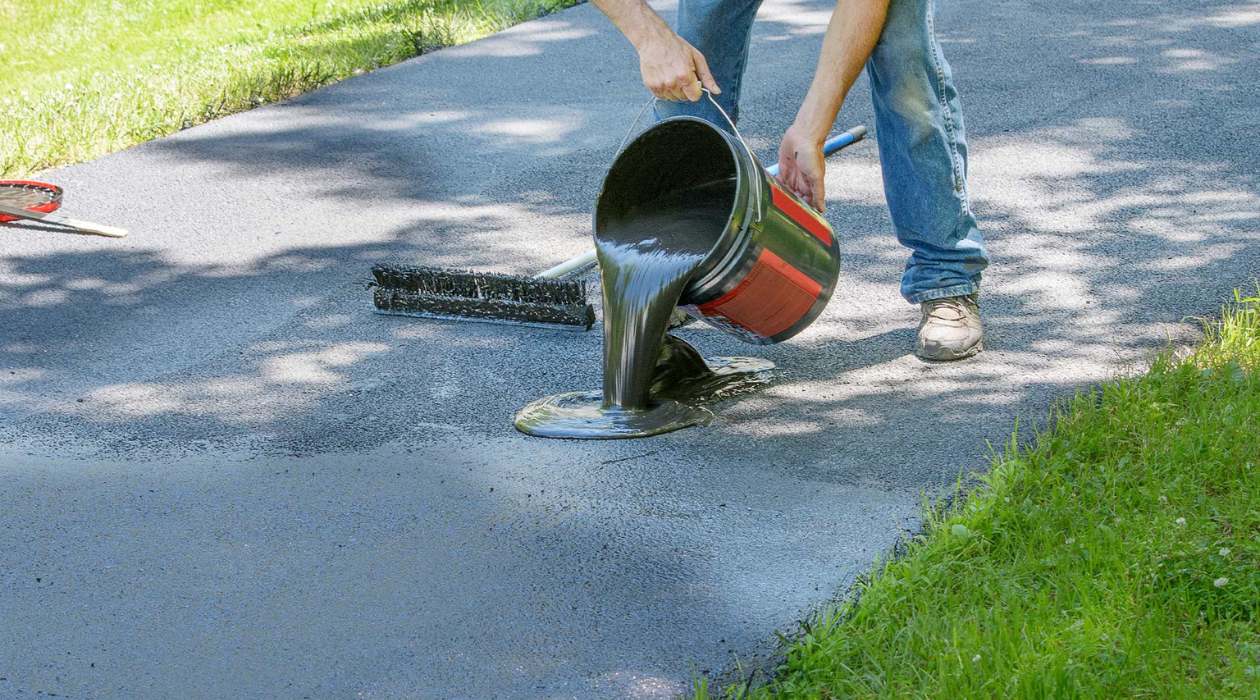
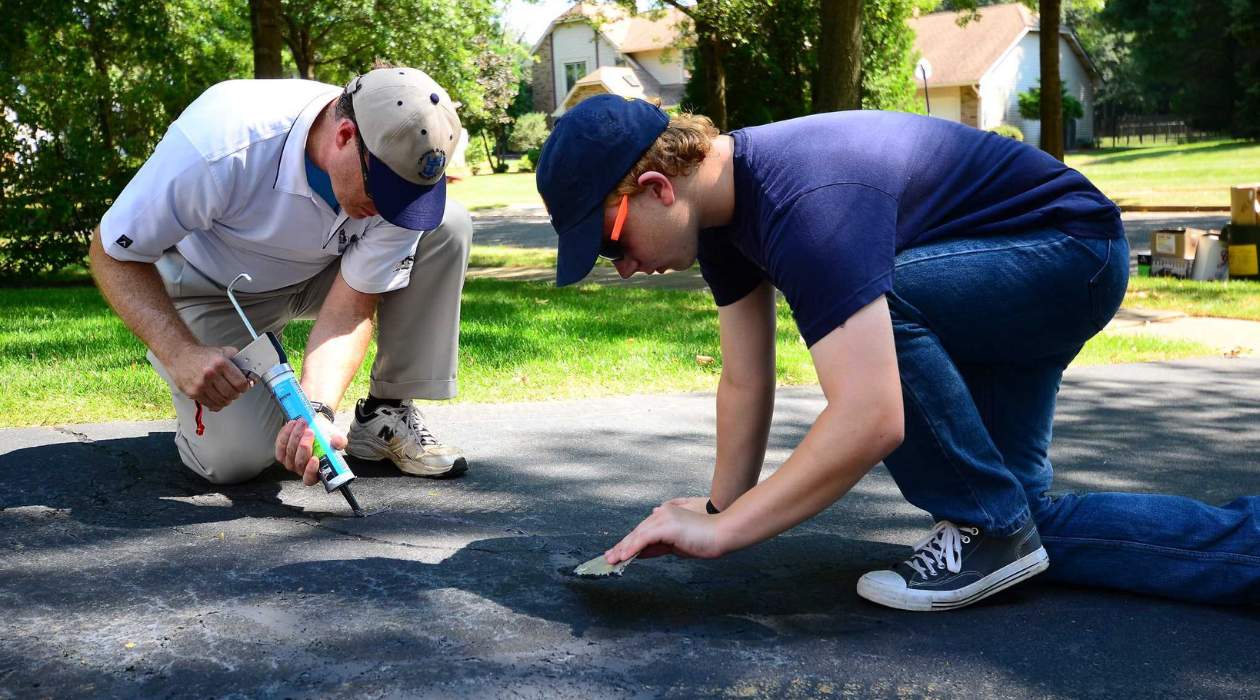
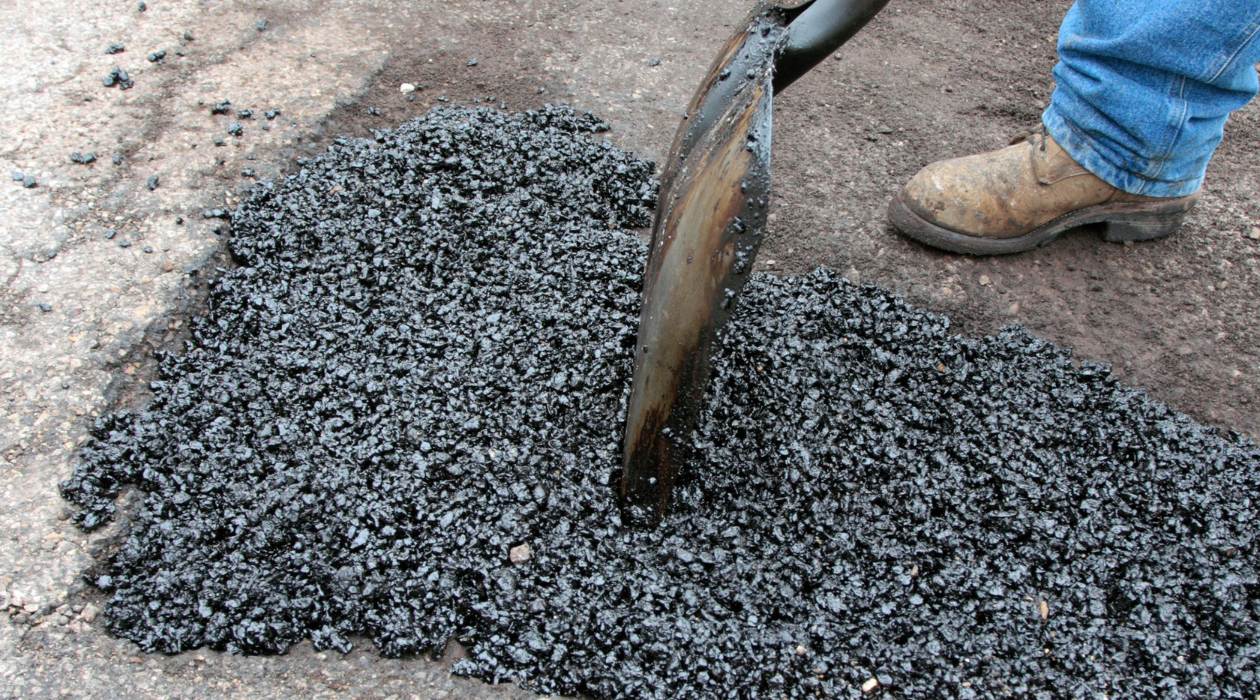
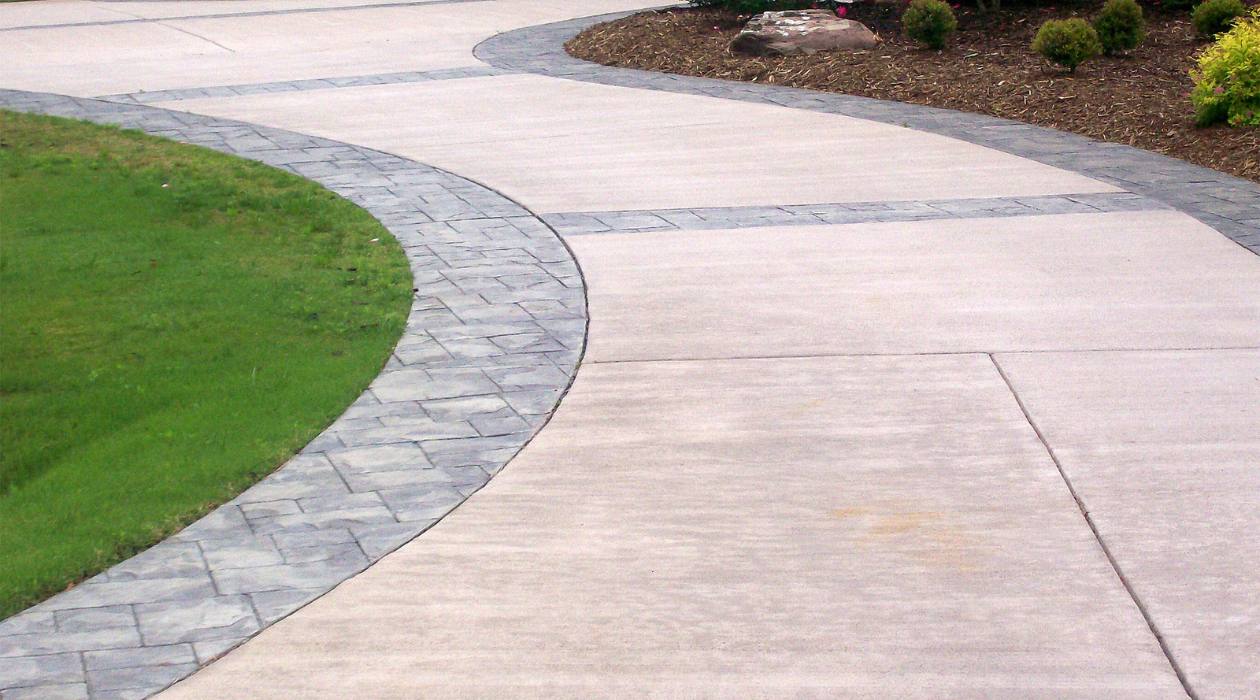

0 thoughts on “How Often Should Asphalt Driveway Be Sealed”